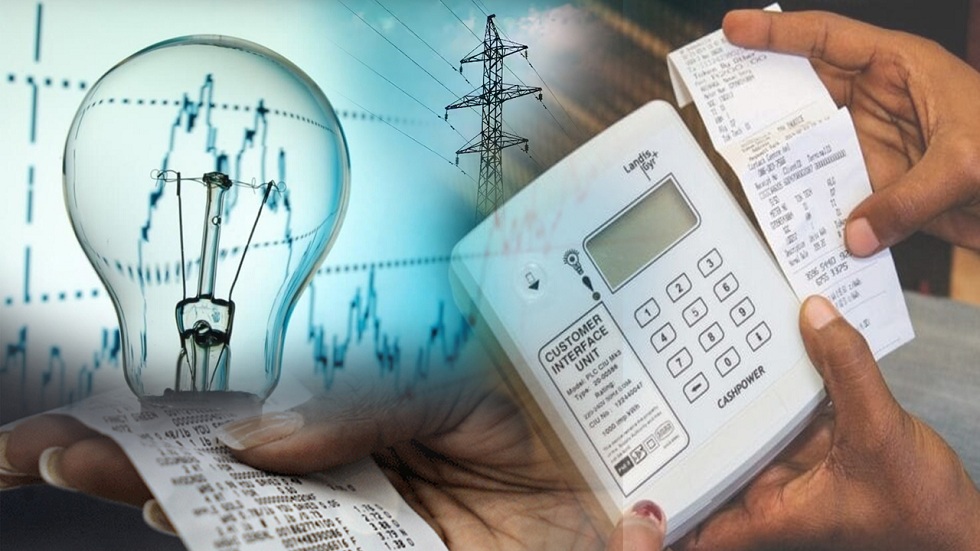Electricity consumers across Nigeria failed to pay N70.25 billion in May 2025, according to the latest commercial performance report released by the Nigerian Electricity Regulatory Commission.
The 12 electricity distribution companies billed a total of N261.82bn during the month but collected only N191.57bn, representing a collection efficiency of 73.17 per cent. This marked a 4.42 percentage point drop from April 2025.
The report showed that total energy received by the Discos rose by 5.80 per cent to 2,774.49 gigawatt-hours, while the total energy billed increased by 3.25 per cent to 2,255.51 gigawatt-hours.
Despite the increase in energy supply and billing, the billing efficiency dropped to 81.29 per cent, reflecting a 2.01 percentage point decline from the previous month.
Revenue recovery performance also declined sharply. While the allowed average tariff stood at N116.25 per kilowatt-hour, actual collection averaged N82.05/kWh, indicating a recovery efficiency of 70.58 per cent — down by 7.32 percentage points from April.
This means the DisCos recovered significantly less than what they were permitted to charge. Among the DisCos, Ikeja, Benin, and Eko outperformed others in billing and collection efficiencies, with Ikeja recording the highest billing efficiency of 89.04 per cent. Eko showed the strongest recovery efficiency at 82.52 per cent, closely followed by Ikeja with 81.55 per cent.
On the other hand, Yola and Jos continued to underperform across key metrics, with Jos recording the lowest collection efficiency at 35.55 per cent and Yola reporting the weakest billing efficiency at 63.45 per cent.
Despite marginal gains in energy supply and billing values, the overall commercial performance of the DisCos weakened in May. The declines in collection and recovery efficiencies highlight persistent challenges in revenue assurance and financial sustainability within the electricity distribution sector.
The Punch





